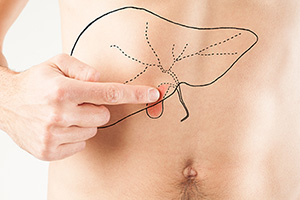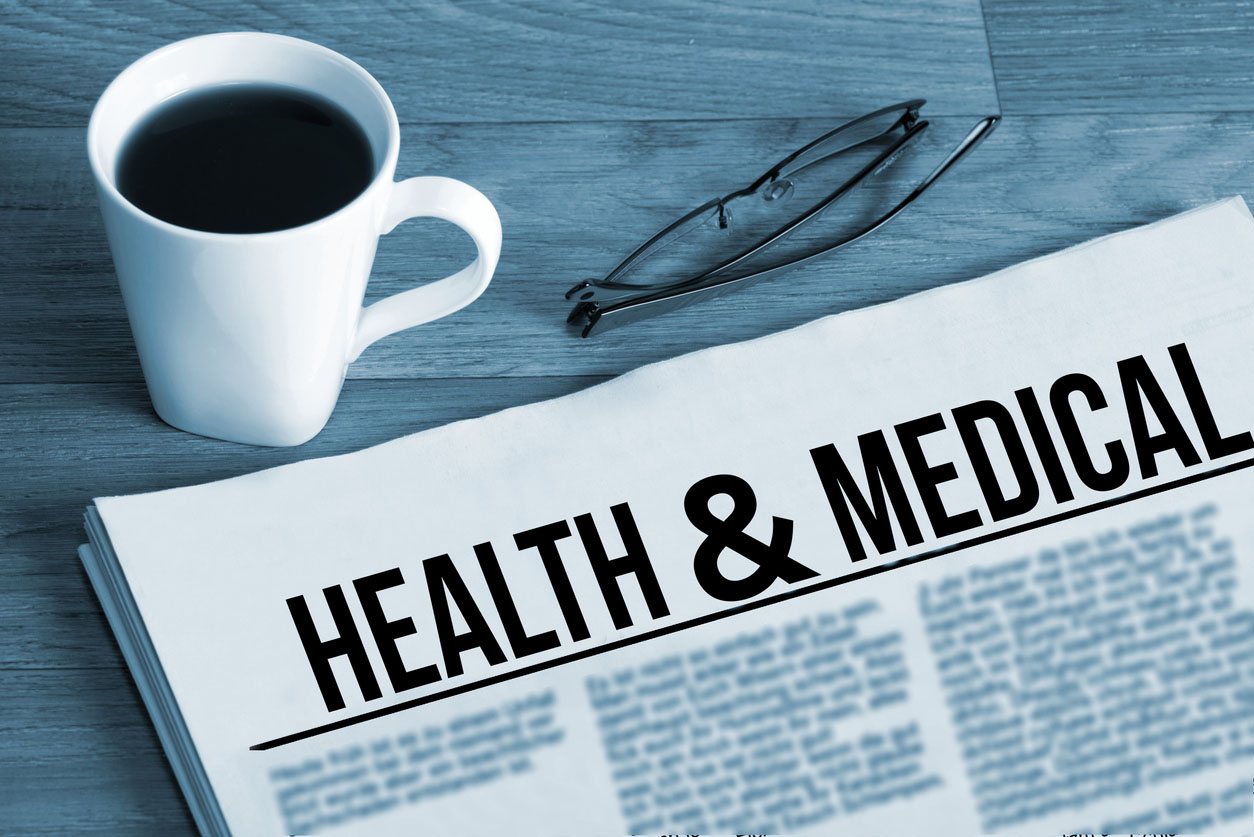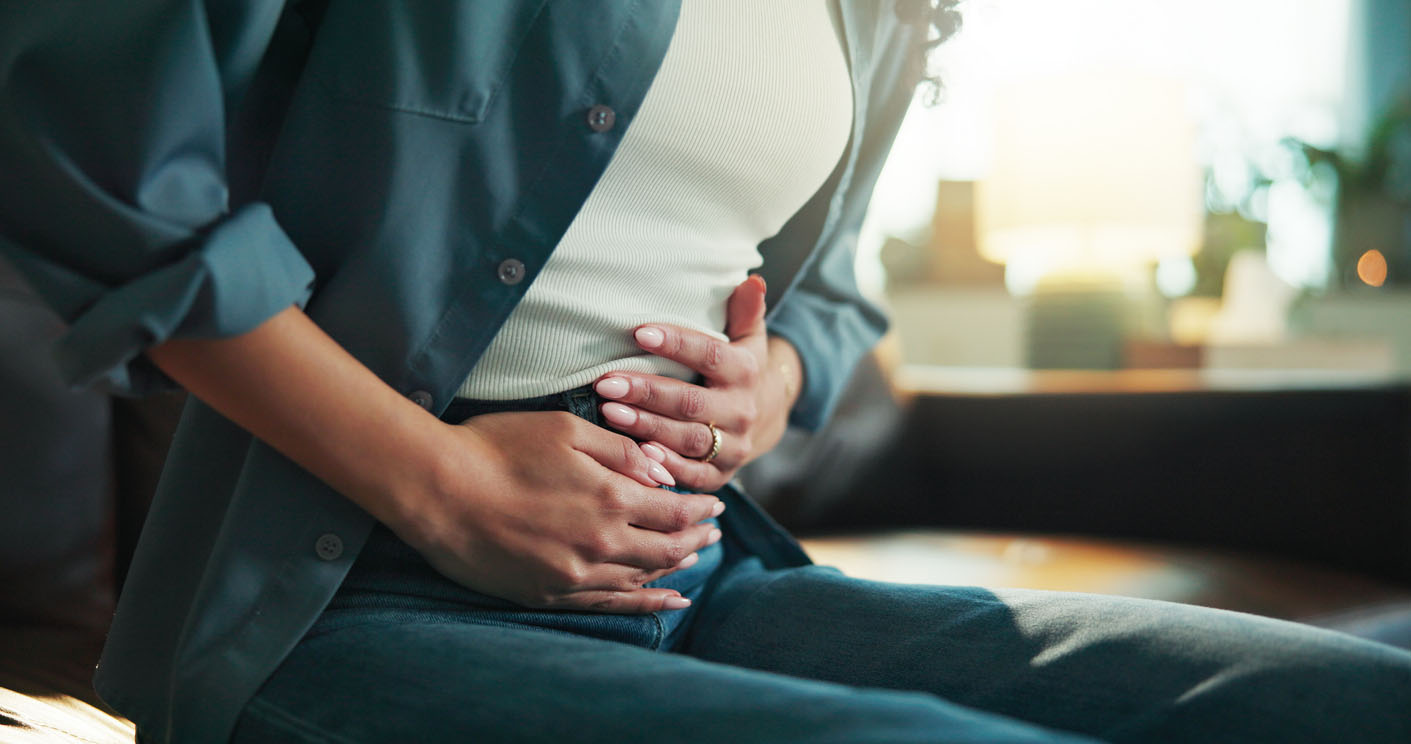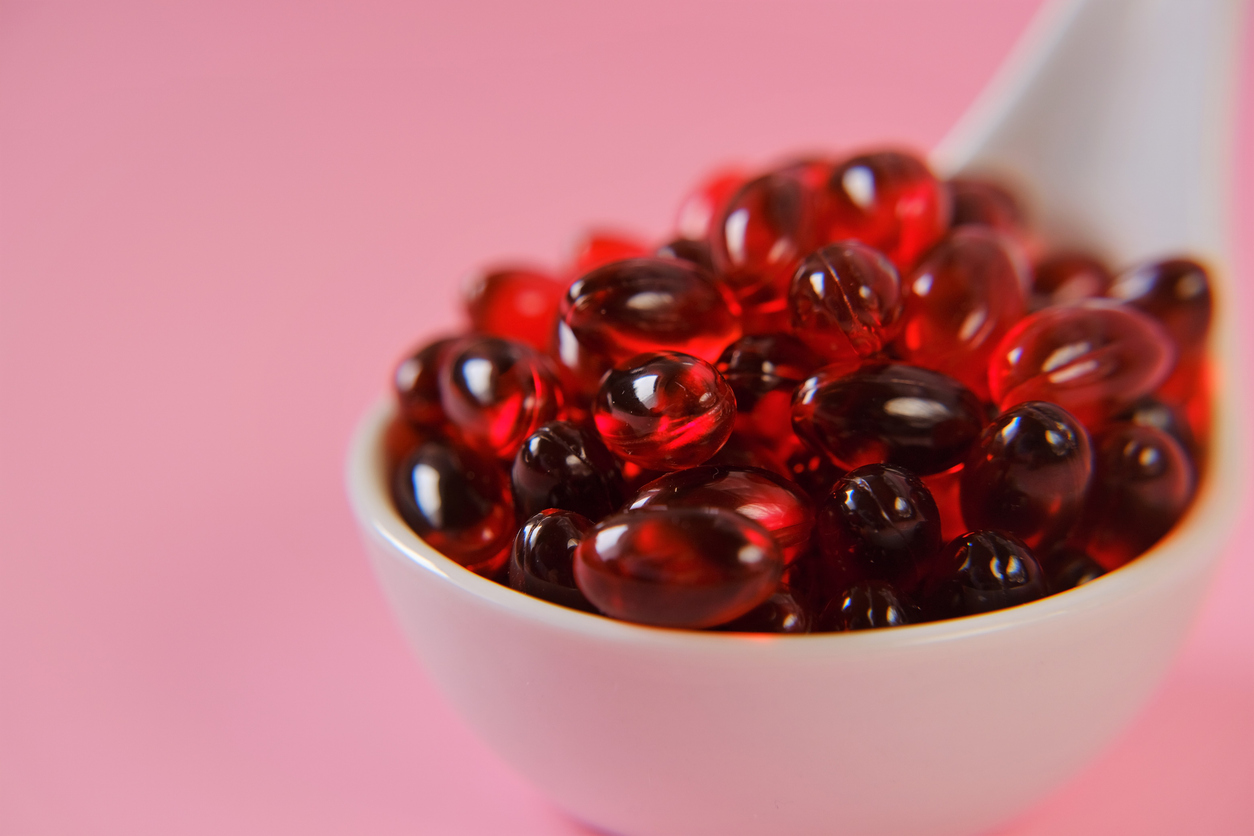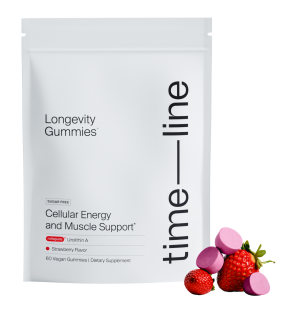In the first two articles in this series (here and here), we demolished myths about gall bladder disease. Now, I’ll share with you some documented ways to keep from losing your gall bladder to the surgeon.
1. Low-carb diet. Contrary to popular belief, it’s excess dietary carbs that promote gallstones, not fat. There’s a close concordance between insulin resistance, obesity, Type 2 diabetes, high triglycerides and elevated small-particle LDL, and fatty liver—all associated with excess consumption of refined carbohydrates.
2. Fiber. Population studies have shown that fiber consumption—particularly the soluble kind—confers protection against gallstones. To test this hypothesis, prairie dogs—chosen for gall bladder research because they’re one of the few animals species that, like humans, has gall bladders—were fed fiber. Psyllium (soluble) outperformed cellulose (insoluble) in lowering the cholesterol saturation index, a measure of propensity to stone formation.
3. The Breneman Diet: A 1968 study revealed that 100 per cent of a group of patients with gallstones were symptom-free while they followed an elimination diet consisting of beef, rye, soybean, rice, cherry, peach, apricot, beet, and spinach. Foods that precipitated gall bladder attacks (in decreasing order of frequency) were egg, pork, onion, poultry, milk, coffee, citrus, corn, beans, and nuts. Eggs stood out as a culprit, causing gall bladder attacks in 93 per cent of the patients when reintroduced. In my opinion, it’s worth a try to stave off surgery if your stones aren’t too large or numerous.
4. Weight loss. Obesity is a risk factor for gall bladder disease, so it stands to reason that dropping excess pounds could reduce your chances of having an attack. But beware: rapid, drastic weight loss (greater than 3.3 pounds per week) is associated with a higher risk of stone formation. Ultra-low fat diets increase the risk for stone formation during weight loss; the inclusion of moderate amounts of fat while dieting attenuates that risk. Also, yo-yo dieting is bad: Men who lost and regained 20 pounds or more had a 76% higher risk of gallstones.
5. Pass the coffee. But it has to be caffeinated. One study concluded that coffee may work by increasing gall bladder motility, preventing concentrated bile from getting “stuck.” It’s high concentration of chlorogenic acid may help to expel bile. Coffee is also a laxative, helping alleviate one prominent risk for gallstones: constipation.
6. Move your bowels regularly. Constipation is a known risk factor for gall bladder disease. Slow elimination interferes with the circulation of bile, which boosts the cholesterol-saturation index within the gall bladder. Maybe that’s why coffee, exercise, fiber, and magnesium—all of which tend to optimize stool frequency—help reduce the frequency of gallstones.
7. Exercise. By promoting regular bowel habits, lowering cholesterol production by the liver, and combatting obesity, exercise is a proven antidote to gallstones.
8. Drink alcohol (in moderation). Alcohol consumption has been demonstrated to be protective against gall bladder disease. In a prairie dog study, alcohol feeding increased the solubility of bile.
9. Olive oil. While I don’t believe in the “liver gall bladder flush” using copious amounts of olive oil to push out stones (see my previous article debunking gall bladder myths), recent studies have shown that moderate consumption of olive oil (about 2 tablespoons per day) may actually lower your chances of developing gallstones. An ingredient in olive oil evidently helps reduce cholesterol levels in the blood and gall bladder. Followers of the Mediterranean Diet, rich in olive oil, have a low incidence of gallstones.
10. Statins. While I’m not partial to statin use in general, it must be noted that cholesterol-lowering drugs reduce cholesterol accumulation in the gall bladder. It must also be noted that other types of cholesterol-lowering drugs—the fibrates—have the opposite effect: They increase the risk of gallstones.
11. Cholagogues. Certain herbs are known to promote secretion of bile, which helps solubilize cholesterol. These include goldenseal, Oregon grape root, dandelion root, and artichoke leaves.
12. Rowachol. A proprietary herbal medicine popular in Europe, but not sold in the U.S., Rowachol is a combination of choleretic (increasing bile production) terpenes like borneol and d-limonene. Studies are equivocal about its benefits; it does seem to help solubilize bile, but once stones have formed, it’s unclear whether they can be “dissolved” by Rowachol.
13. Lecithin/choline. These are dietary precursors of phospholipids, low levels of which are associated with precipitation of gallstones. Phospholipids help to emulsify bile, rendering it less viscous.
14. Magnesium. The highest intake of magnesium was associated with a 28 per cent reduction in the risk of gallstones, according to a study of 42,705 male Americans published in The American Journal of Gastroenterology.
15. Fish oil. Animal studies have shown that Omega 3 fatty acids suppress stone formation.
16. Vitamin C. An observational study showed that regular vitamin C supplementation was associated with a reduced prevalence of gallstones.
17. Sam-E. In certain women, the high estrogen of pregnancy results in excess bile accumulation associated with severe itching. These women are known to be more predisposed to gallstones. In one study, 800 mg of Sam-E daily was shown to reduce the lithogenicity (stone-forming likelihood) of bile.
18. Probiotics. 95 per cent of bile is reabsorbed in the gastrointestinal tract and returned to the liver and gall bladder. Imbalances in gut bacteria may impede this efficient enterohepatic circulation. Studies show that antibiotics can suppress “bad” bacteria, resulting in reduced cholesterol saturation of bile. Similarly, certain probiotic strains like Lactobacillus plantarum have been found to induce favorable changes in bile circulation that lower blood cholesterol and reduce the risk of gallstones.
19. Avoid certain drugs. Oral contraceptives and menopausal hormone replacement containing estrogen and progesterone (but not patches and creams) are associated with higher gallstone risk, as are fibrates—drugs used to lower triglycerides like Tricor.

